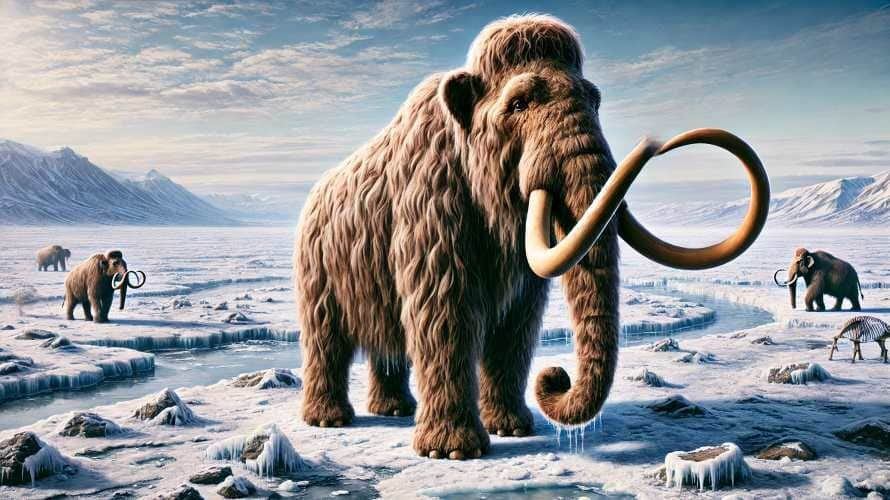
Texas start-up—on a mission to bring back extinct animals—raises $200M
What's the story
Colossal Biosciences, a leader in the emerging field of de-extinction, has raised $200 million in a Series C funding round. The latest investment doubles the company's total funding to a whopping $435 million since its founding in 2021. The Texas-based start-up is now valued at an eye-watering $10.2 billion. The company is famous for its ambitious plans to revive extinct species like wooly mammoth, thylacine (Tasmanian tiger), and dodo bird.
Technological prowess
Colossal Biosciences's innovative approach to de-extinction
Colossal Biosciences has a team of 170 scientists and labs in Boston, Dallas, and Melbourne. The firm uses state-of-the-art gene-editing tech to develop organisms that are genetically similar to extinct species. Along with de-extinction, the company also backs animal conservation efforts. "Preservation and de-extinction aren't cheap," said Ben Lamm, co-founder and CEO of Colossal Biosciences. "You've got to have the best staff...the best academic partners...the best labs."
Scientific achievements
Significant strides in genetic research and preservation
In 2024, Colossal Biosciences revealed that its researchers had successfully assembled the most comprehensive Tasmanian tiger genome from a pickled head over 100 years old. The company's scientists were also the first to generate elephant induced pluripotent stem cells (IPSCs) in a lab. These cells can potentially develop into any tissue type in the body.
Investment details
TWG Global leads latest funding round for Colossal Biosciences
The latest round was led by TWG Global, a holding company with various investments in technology and AI, financial services, private lending as well as sports and media. TWG Global CEO Mark Walter lauded Colossal Biosciences for its innovative work at the intersection of AI, computational biology and genetic engineering. He said he was excited to support the company's mission to tackle the animal extinction crisis.
Upcoming goals
Colossal Biosciences's future plans for de-extinction
Lamm said the new funding will allow for more scientific breakthroughs and perhaps expand the company's list of species to be de-extincted. He shared an ambitious goal for 2026, which is birthing the first animal through external means. However, he said it wouldn't be a mammoth, thylacine or dodo but some kind of small mammal.